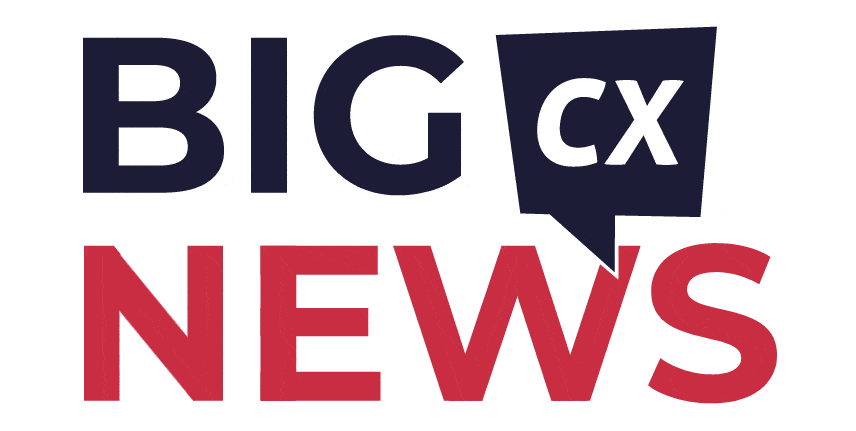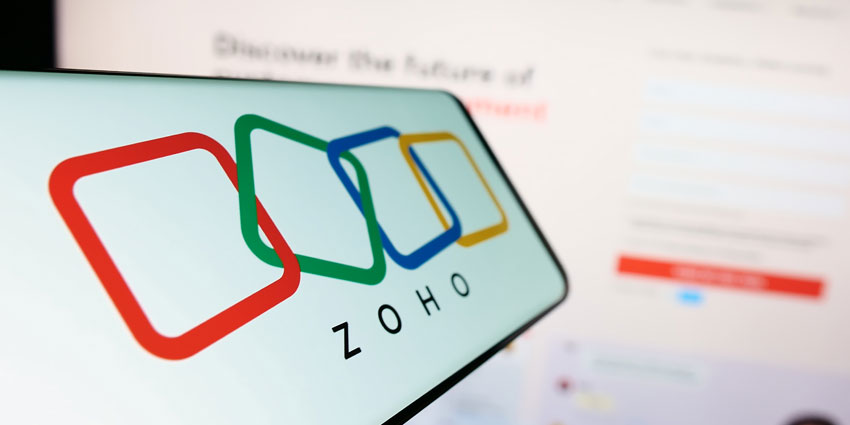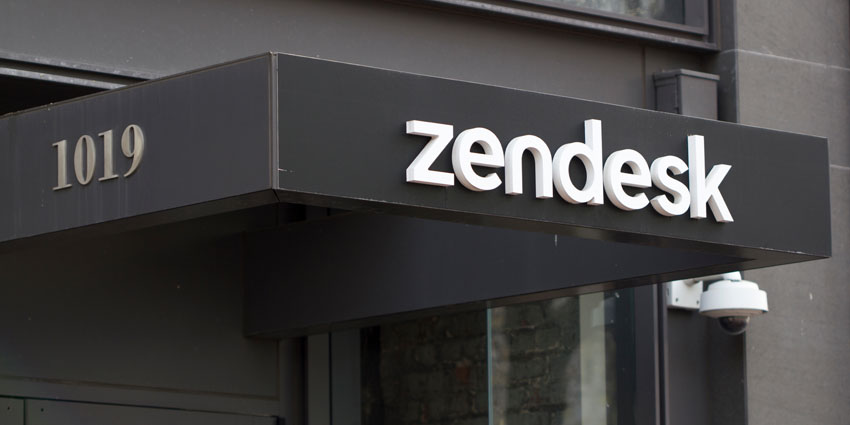Zendesk has expanded its customer service suite with new generative AI (GenAI) capabilities.
First, GenAI will infuse its virtual agents, allowing them to automate queries they’ve had no training to handle by leveraging various contact center knowledge sources.
Next, it has expanded its auto-summarization feature to cover voice alongside digital channels.
Those auto-summaries will feed through to the CRM – accelerating post-call processing – and include AI-generated insights, like customer sentiment data.
Such sentiment data may then fuel other AI engines to create automated, proactive customer retention campaigns – in another example of AI unlocking data to feed other AI models.
Back to the announcement… Zendesk will also expand its intent detection tooling across further industries, including insurance and travel/tourism.
In doing so, it allows businesses to use GenAI to more accurately track their demand drivers.
The helpdesk juggernaut also promises to provide AI to help admins and managers customize their CX solutions.
While the vendor didn’t dive deeper on this, GenAI is changing how businesses develop CX solutions. Instead of using drag-and-drop interfaces, GenAI-powered platforms allow users to enter natural language prompts to more simply build and customize solutions.
Zendesk will likely release similar features soon, with Tom Eggemeier, CEO of Zendesk, stating: “Constant AI innovation is the new reality for CX leaders.
We bring a powerful combination of deep CX and AI experience to provide capabilities that allow CX teams to be more efficient and empathetic. This improves customer and employee satisfaction and delivers cost efficiencies and revenue growth.
GenAI does allow virtual agents to demonstrate such empathy, understanding the tone of a question – alongside the intent – to respond accordingly.
As such, it is evolving conversational AI from boilerplate, inflexible responses.
Zendesk – among other CX leaders – is leveraging that capability within their service AI suites.
Yet, the helpdesk leader also has some other GenAI tools and tricks up its sleeve, as revealed in its first wave of GenAI innovations.
Alongside auto-summaries for digital channels, Zendesk then revealed a solution to spot gaps in the knowledge base and auto-generate articles for supervisor consideration.
Other vendors have developed similar tools. Yet, where Zendesk has created something more unique is in its “expanding agent supplies” solution.
With this, agents may type out the crux of their response. The tool then fleshes it out and crafts a complete, personalized reply that the agent can review, edit, and send.
As described in a recent article exploring various GenAI use cases across the service space, it’s like the tool in Gmail that predicts the end of a user’s sentence. Only service-specific and on steroids.
Expect more of such innovation from the helpdesk and CRM giant.
“Today, the innovation and use of generative AI is evolving at record speed, becoming top of mind for every corporate executive,” said Matthias Goehler, EMEA CTO at Zendesk.
Fast customer service is a huge competitive differentiator. Investing in generative AI can massively increase agents’ productivity, all while providing quick responses in line with the company’s identity and customers’ needs and preferences, delivering the best experiences.
Yet, security and privacy cautions have proved somewhat of a stumbling block – and Zendesk has gone further to quell such concerns, releasing a Data Privacy & Protection package.
The package offers targeted encryption, logs of who accessed and searched for data, and further reports specifying what data Zendesk stores.
Moreover, the vendor has doubled down on its commitment to guiding companies through changing regulations and giving greater flexibility over data management.
However, from all Zendesk’s announcements, perhaps the most significant takeaway is its prioritization of service GenAI use cases over sales and marketing.
That follows its recent acquisition of Tymeshift – which signals how it could move to make contact center WFO a critical differentiator.
Such a shift comes after its terminated acquisition of Momentive Global (Survey Monkey), which would have pulled Zendesk into the VoC space.







